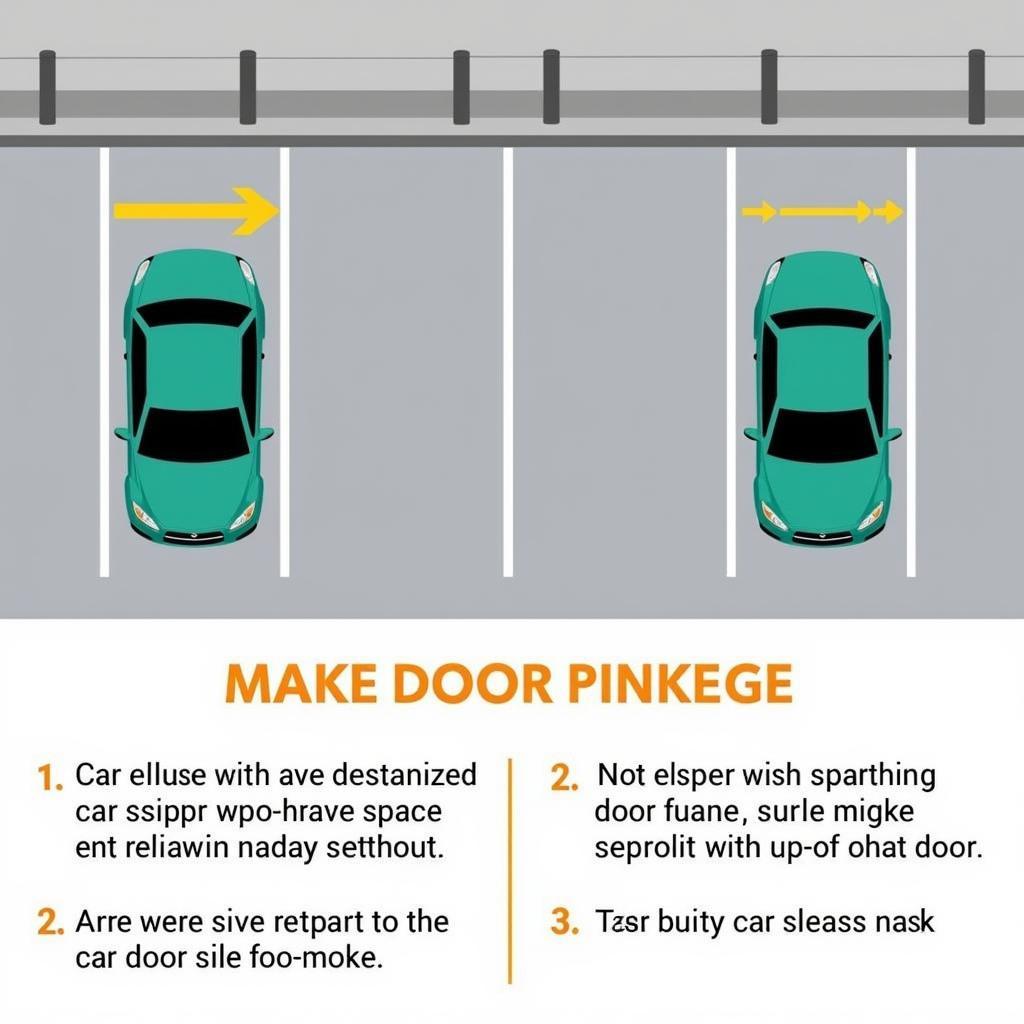A Shaking Problem In Car can be a frustrating and sometimes alarming experience. This guide will help car owners, mechanics, and technicians diagnose and fix the most common causes of car shaking, from simple fixes to more complex issues. manual car shaking problems often require a different approach than those in automatic transmissions.
Understanding the Shaking Problem in Car
Identifying the type and circumstances of the shaking is the first step in diagnosing the problem. Does the car shake while idling, accelerating, or at specific speeds? Is the shaking felt in the steering wheel, the whole car, or the brake pedal? These details are crucial.
Common Causes of Shaking While Idling
A shaking car at idle often points to issues with the engine or its components. Spark plugs, fuel injectors, or a vacuum leak can cause the engine to run rough, resulting in vibrations felt throughout the car.
- Worn Spark Plugs: Old or faulty spark plugs can misfire, leading to an uneven engine rhythm and shaking.
- Dirty Fuel Injectors: Clogged fuel injectors disrupt the fuel-air mixture, causing engine imbalance and shaking.
- Vacuum Leaks: Leaks in the intake manifold or vacuum hoses can disrupt airflow, resulting in rough idling and shaking.
Why is My Car Shaking While Accelerating?
Shaking during acceleration can be caused by several factors, often related to the drivetrain or suspension.
- Worn Engine Mounts: Damaged engine mounts allow excessive engine movement, leading to noticeable shaking during acceleration.
- Unbalanced or Damaged Tires: Tires that are out of balance or have uneven wear can cause vibrations that increase with speed, especially during acceleration.
- CV Joint Issues: Worn or damaged Constant Velocity (CV) joints create vibrations that are most pronounced during acceleration, particularly when turning.
car shaking problem can manifest in various ways, so careful diagnosis is crucial.
Shaking at Specific Speeds: What Does It Mean?
Shaking at specific speeds often indicates issues with the wheels, tires, or axles.
- Bent or Damaged Wheels: A bent or damaged wheel can cause vibrations that worsen at higher speeds.
- Wheel Alignment Problems: Incorrect wheel alignment can lead to uneven tire wear and vibrations at certain speeds.
- Worn Wheel Bearings: Damaged wheel bearings can produce a humming or grinding noise accompanied by vibrations that increase with speed.
Diagnosing a Shaking Problem in Car
Diagnosing the exact cause of car shaking requires a systematic approach. Start by checking the simple things like tire pressure and tread wear. If the problem persists, move on to inspecting engine components, suspension parts, and the drivetrain.
problem with car motor shaking can stem from several issues, requiring a thorough inspection.
“A thorough inspection is crucial when diagnosing a shaking car,” advises John Miller, a senior automotive technician at Miller’s Auto Repair. “Don’t jump to conclusions; check the basics first, then move to more complex components.”
Shaking Steering Wheel: A Closer Look
A shaking steering wheel often points to issues with the front suspension or steering system.
- Tie Rod Ends: Worn tie rod ends can cause looseness in the steering and vibrations in the steering wheel.
- Ball Joints: Damaged ball joints can also contribute to steering wheel shake and affect handling.
- Steering Rack Issues: Problems with the steering rack itself can cause a range of steering issues, including vibrations.
2001 impala traction control problems car shaki.g when driving are a specific example of how traction control can contribute to shaking problems. However, the principles of diagnosing shaking issues remain the same.
“Remember, a shaking steering wheel can be a safety hazard,” warns Sarah Chen, a certified mechanic and automotive instructor. “Addressing the issue promptly is crucial for safe driving.”
Conclusion: Addressing Your Car’s Shaking Problem
A shaking problem in car can be caused by numerous factors, ranging from simple tire issues to more complex problems with the engine or drivetrain. Proper diagnosis is essential for effective repair. By following the guidelines in this article, you can identify the root cause of your car’s shaking and take the necessary steps to fix it. car shaking problems while driving should be addressed as soon as possible to ensure safety and prevent further damage. If you need further assistance, connect with AutoTipPro at +1 (641) 206-8880 or visit our office at 500 N St Mary’s St, San Antonio, TX 78205, United States. We are here to help!





Leave a Reply